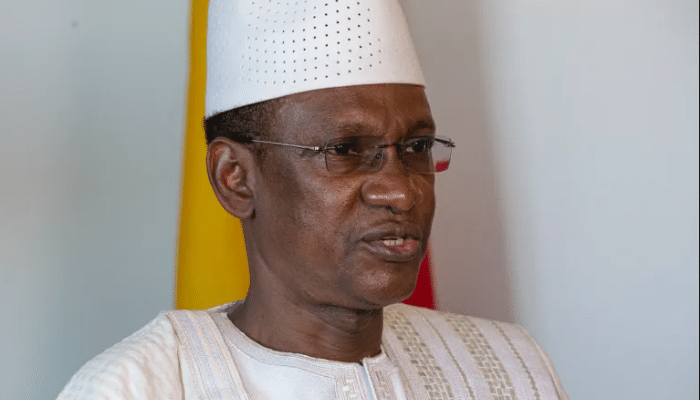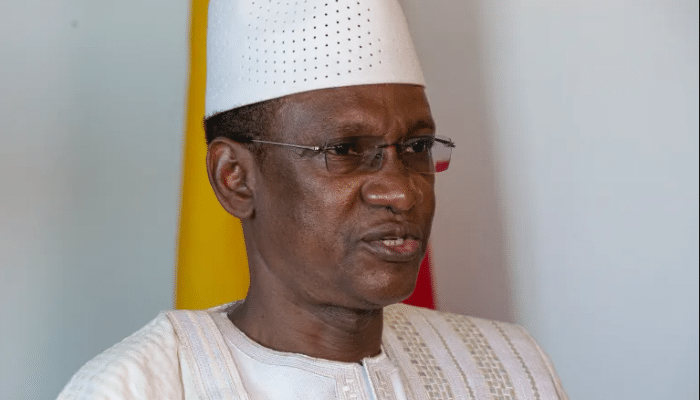
Mali’s political crisis deepened this week after the country’s former prime minister, Choguel Kokalla Maiga, was formally charged with embezzlement of public funds. The decision by the Supreme Court of Mali underscores the military junta’s tightening control over political opponents as dissent against its rule grows.
Who is Choguel Maiga?
Choguel Maiga, a long-time politician and once a key ally of Mali’s military rulers, was appointed prime minister following the second coup in 2021. Initially supportive of the junta, he later turned into a vocal critic, accusing the army-led government of abandoning its promise to return the country to civilian leadership. His removal in November 2024 marked the beginning of escalating tensions with the ruling military.
Charges of Embezzlement and Laundering
On August 19, 2025, prosecutors confirmed that Maiga faces accusations of embezzling billions of CFA francs (worth millions of U.S. dollars) during his time in office. He is also being investigated for money laundering.
His lawyer, Cheick Oumar Konare, said Maiga will remain in prison until trial but maintained that the defense trusts the judicial process. “We are confident that justice will prevail,” Konare told reporters.
Nine other officials linked to Maiga’s government also appeared before the court. While some were acquitted, others remain under investigation.
A Broader Pattern of Repression
This case is part of a broader pattern of arrests and silencing of critics by Mali’s military rulers. Earlier this month, another ex-prime minister, Moussa Mara, was detained after expressing support for those opposing the junta.
Observers say the government is using anti-corruption charges as a tool to suppress political opposition. Alioune Tine, former UN expert on Mali, said the trial reflects “the junta’s weakness, not its strength.”
Mali’s Political Context
Mali has faced near-continuous instability since 2012, when Islamist insurgencies and armed groups seized large areas of the north. The violence has since spread across the country, displacing hundreds of thousands and straining regional security.
The 2020 and 2021 coups, led by Colonel Assimi Goïta, were justified as responses to insecurity and corruption. However, instead of restoring stability, the junta has extended its own rule by:
- Dissolving political parties and restricting freedoms
- Delaying elections indefinitely
- Granting Goïta an extended presidential mandate without a vote
Regional and International Impact
Mali’s political trajectory has also reshaped West Africa’s geopolitics. Alongside Burkina Faso and Niger, Mali left the ECOWAS bloc earlier this year after sanctions and diplomatic pressure. The three countries have since formed the Alliance of Sahel States (AES), a military partnership focused on combating insurgents and resisting external influence.

